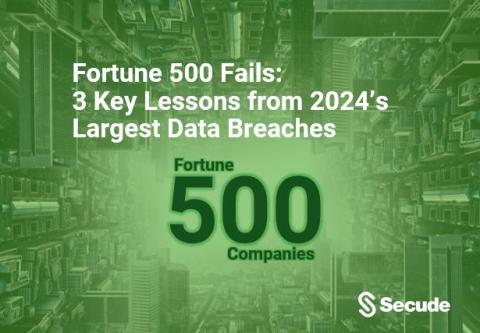Effective Security Awareness Training Really Does Reduce Data Breaches
Social engineering and phishing are involved in 70% - 90% of data breaches. No other root cause of malicious hacking (e.g., unpatched software and firmware, eavesdropping, cryptography attacks, physical theft, etc.) comes close. In fact, if you add up all other causes for successful cyberattacks together, they do not come close to equaling the damage done by social engineering and phishing alone.









